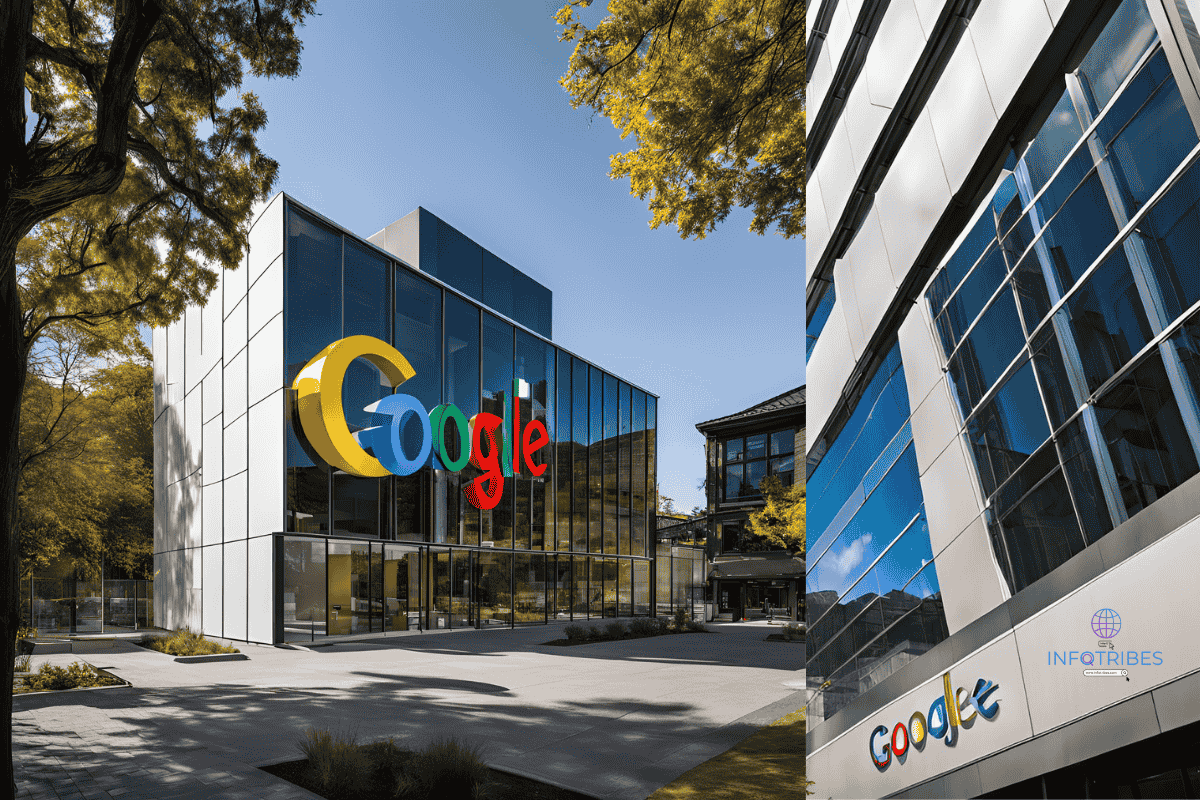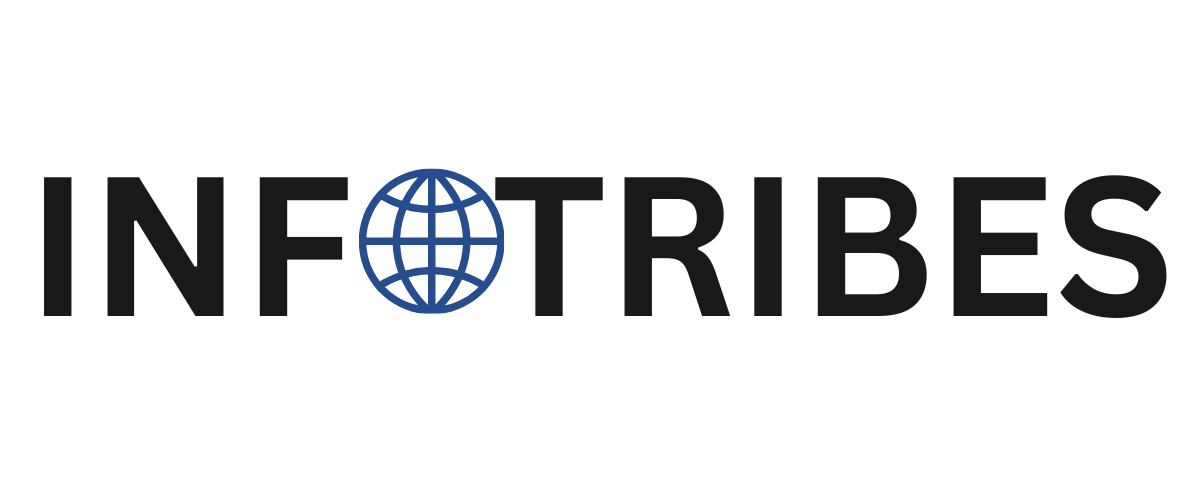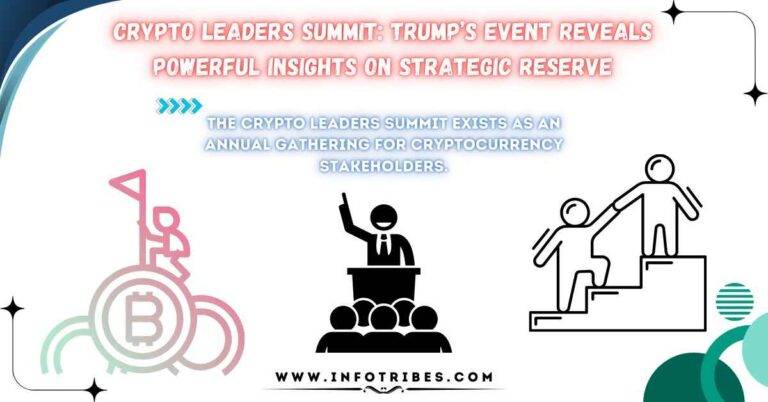Google App Store Ruling: They planned for dramatic changes that boost competition.
Google App Store Ruling is essentially a huge legal milestone with Google forced to totally modify the way it does business in its app store and level off competition in its Android platform. This is a significant moment in the current conversation around tech sector monopolistic behaviors and their effects on consumers and, developers.
Google App Store Ruling Background
On Oct. 7, 2024, Judge James Donato, in San Francisco, handed down this influential decision when Epic Games brought a suit seeking to move the video game creation company originally based in San Mateo, Calif., to Ohio’s Columbus after Epic’s Game — Fortnite — became so immensely popular. In addition to creating “a monopolized market for app distribution and payments on Android,” Epic said that Google had also created “a monopolized market for its own YouTube to be available through the Android ecosystem.
In this ruling, Google will be granted an injunction to exist for three years that has the stipulation that Google give users the ability to download apps from third parties. Additionally, the Google App Store Ruling necessitates that users can use competing payment options for in app purchases. The underlying reason the court wishes to do so is to break down what it considered were unfair practices designed to reduce innovation and competition in the app marketplace.
What is google app store ruling
The order — which will go into effect on November 1, 2024 — orders Google to stop actions it has been found to be anti-competitive. One of those is a ban on Google paying off device manufacturers to pre-install its Play Store on new devices. The Google App Store Ruling will bar Google from sharing revenue from the Play Store with other app distributors, and this will make other app providers more level playing field.
The judge’s ruling makes clear that reforms are necessary to break Google’s monopoly on the Android app market. But the judge said Google’s claims that such changes could harm user privacy and security did not justify it pressurizing Apple, which is why these reforms are necessary to promote competition as deemed by the Google App Store ruling.
Google App Store Ruling: Epic Games’ Reaction
The lawsuit, brought by Epic Games in 2020, has long argued that Google’s policies make it hard for consumers to find apps to download and that they impose burdensome requirements for apps to process their in- app transactions. The injunction became reality after court ruled in favor of Epic in December 2023.

Epic Games CEO Tim Sweeney praised the Google App Store Ruling as ‘a huge gain for competition on the Android ecosystem’. The ruling will facilitate the launch of the Epic Games Store and other third-party app stores on Google Play, he said, which could herald a new era of applications on Android. Sweeney said that the timeframe of three years is plenty of time for app developers and store creators to grow a competitive environment that Google cannot easily stifle.
You Can Also Read: Essential 2024 Cyber Perils and Hacks: How to Guarantee Your Business
Google’s appeal of the Google App Store Ruling
After the Google App Store ruling, which upheld the mandated changes as ‘wholly justified,’ Google stated that it will appeal the consequences, arguing that it feared the ‘serious unintended consequences’ of mandated changes could harm consumers, developers and device manufacturers. Tech giant will ask for a stay of order while preparing to appeal in 9th U.S. Circuit Court of Appeals.
Google spoke out about its concerns in a public statement, saying while the changes will appease Epic Games, they could open the door for unintended consequences for American consumers. The company says the adjustments could come at the expense of user privacy and security, two things that Google has prioritized in its work. And so they await the implications of the Google App Store Ruling.
Core Google Rivals Face Broader Antitrust Challenges
This is not an isolated instance of the shoddy legal state of Google, and an increasing litany of Google-related suits. Last August, Judge Amit Mehta found in a separate case that Google broke the competition law by spending billions to preserve its role as the default search engine on many devices. Also, Google is embroiled in an antitrust trial in Virginia on the charge that it once had a monopoly on advertising technology.
The problem is not limited to U.S. borders. Regulatory pressures are also hitting Google in other countries, beginning with the country of New Zealand. New legislative proposals have appeared there that would pit the tech giant against local lawmakers and media organizations. New Zealand’s Fair Digital News Bargaining Bill, introduced this week by the government, would force the likes of Google to pay news organizations whenever they link to their content.
New Zealand’s bill has been strongly opposed by Google, which warned of severe repercussions, including News content being removed from Google platforms in the country. Such actions could mean big changes to how local users get their news, especially for small media outlets that need vital online visibility.
A Response to Transparency Demands from Google
In response to ever present demands for transparency and fair competition, Google has started to test these features in certain regions, like New Zealand. Earlier this year, the company also started rolling out a verification system intended to make it easier to spot legitimate organizations. It is a blue check mark on your privileged business from your search results to protect customers from fake websites and fake services.
This verification system, though still in experimental stage, has been deployed already for multiple big companies like Microsoft, Meta, and Amazon. But the ongoing kerfuffle between Google, the New Zealand government, and the Fair Digital News Bargaining Bill complicates things further.
Conclusion: What Does the Google App Store Ruling Mean?
With regulators watching the government’s fingers on Google for all over the world at their throats, the recent Google App Store Ruling could be judged by another sign that the world is beginning fighting back against the emergence of tech giants in sectors, to force a fairer course of competition. In addition to this, the legal battles also represent the urgent need to change how technology companies interact with consumers and developers.
As Epic Games seeks to be a defender of competition, the next few years could see seismic changes in the app ecosystem that present new opportunities for developers and give consumers new ways to consume digital content. It also underscores the insurmountable problems of innovation and regulation in this landscape as we understood it.







